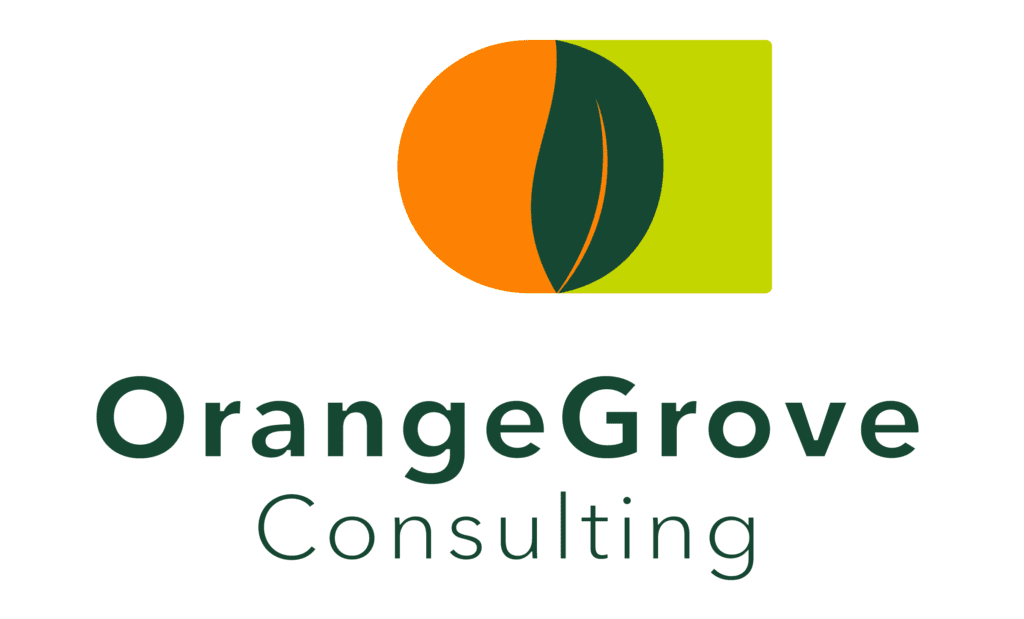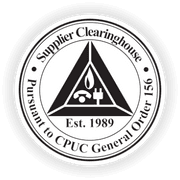Two weeks ago we talked about how conscious or unconscious biases could be preventing your organization from hiring and promoting leaders. Leaders are struggling to identify the best talent, and making plenty of excuses to defend why women and people of color are not being promoted at the rate of other demographics.
One story we hear over and over again is that organizations just aren’t ready for DEI, and that there aren’t enough qualified candidates in their talent pool to get the job done.
But the truth is, many organizations are perpetuating the cycle of exclusivity. And it starts off with the fact that out-group employees often aren’t given the “informal” mentorship opportunities – ones that aren’t objectively measured and tracked – that in-group employees do.
For example, many senior partners will take someone under their wing simply because they remind them of themselves – whether it’s because they look like them or because they went to the same university – and along the way, give them access to developmental assignments like work opportunities, mentorship, and networking with business contacts. The relationship feeds the employee’s developmental process so that when they’re considered to be promoted, they are ready to be promoted.
Without a well-defined path to promotion and a pipeline of promotion-eligible candidates, leaders can fall prey to their biases – helping in-group employees while missing out on other, potentially richer sources of talent.
To ensure that your workplace has equitable access to mentoring, sponsorship, development, and advancement opportunities, it’s important to formalize your promotion pipeline. Opportunities should be spread across a large number of people so that you can see who has the best capacities for a given role, and your organization should be intentional about offering a wide range of development opportunities.
Remember to measure and track your progress across different diversity groups along the way, so that you can see and examine how decisions are being made. Our assessment tools can help your organization identify targeted opportunities for improvement and bring the transparency you need to reach your DEI goals.
Contact Us




